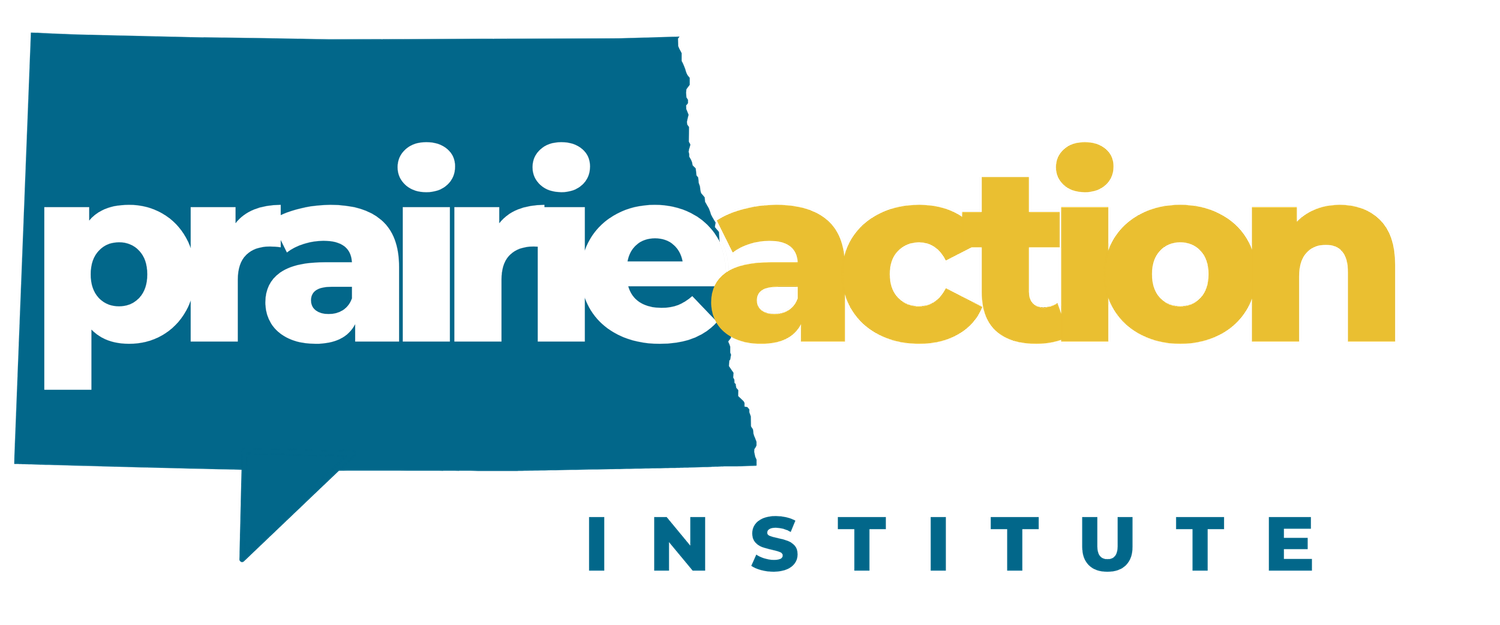On the Ground Report: Federal Impacts in North Dakota
By: Prairie Action North Dakota Institute
October 18, 2025
Federal workers across North Dakota are feeling the strain as the government shutdown drags on, thousands are without pay, and ripple effects are spreading across local communities.
By the Numbers
5,700 civilian federal employees work in North Dakota.
Including military and civilian staff, over 9,000 people statewide could be affected by furloughs or delayed pay.
At Minot Air Force Base, about 600 civilian employees are currently furloughed.
Federal workers make up about 3% of the state’s total workforce, with an average annual salary of $87,000.
Dozens of newly furloughed workers have already filed for unemployment through Job Service ND.
Shutdown Fuels a Health Care Crisis
Working Families Need a Real Solution: Fund the Government. Fix Health Care. Put People First.
A political standoff over health insurance funding has shut down the government.
Without renewed federal subsidies, North Dakotans who buy their own health insurance could see major premium hikes in 2026, on top of already approved rate increases.
“In some cases, it [premiums] could be double, triple, or even quadruple what you paid last year,” said North Dakota Insurance Commissioner Godfread.
“Sharply increasing premiums to affect approximately 30,000 North Dakotans. As many as 10,000 may choose to go uninsured instead, based on third-party analyses Godfread has reviewed.”
Why It Matters for North Dakota
Every unpaid paycheck means:
Less money spent at local grocery stores, gas stations, and small businesses.
Families falling behind on rent or mortgage payments, creating housing instability.
Increased strain on food banks, childcare centers, and community programs already stretched thin in rural and low-income areas.
And the ripple effects go even further:
State leaders warn that a prolonged shutdown could disrupt essential services, such as housing assistance, environmental protection, and public health programs.
Rural hospitals, tribal programs, and local agencies could face funding gaps that slow or halt critical work.
Take Action
CALL: Stop the Shutdown and the Cuts to Working Families
Make your voice heard by calling House Speaker Mike Johnson, Senate Majority Leader John Thune, and your senators and representatives.
Tell them: “Get to work, fund the government, and stop the health care crisis.”
Call NOW → 844-896-5059
Or visit bit.ly/aflciostoptheshutdown


